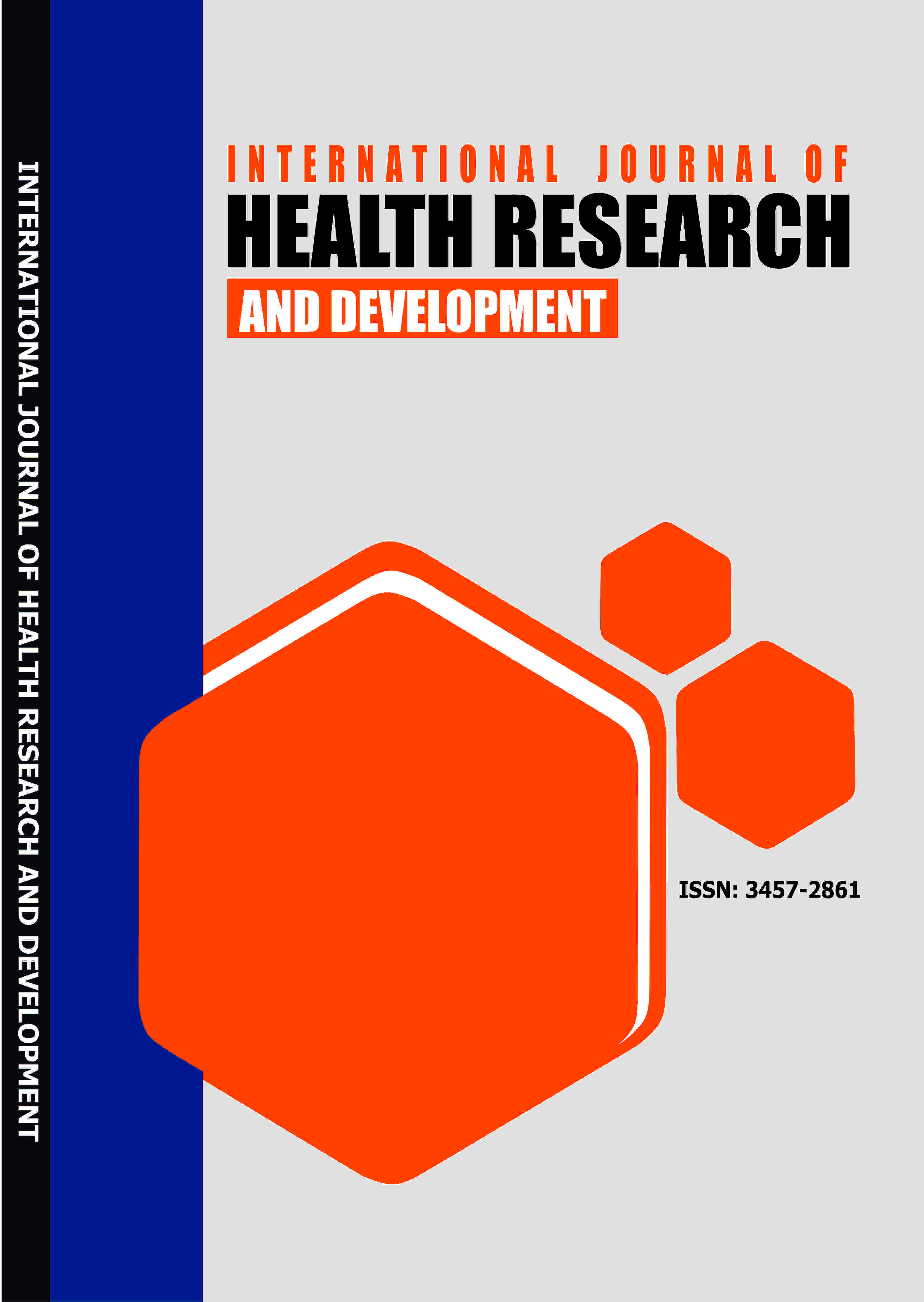INTERNATIONAL JOURNAL OF HEALTH RESEARCH AND DEVELOPMENT (IJHRD)
PSYCHOLOGICAL INFLUENCE OF SOCIAL MEDIA ON BODY STANDARDS OF YOUTH IN DUBAI
E-ISSN: 7883-6773
P-ISSN: 3457-2861
DOI: https://iigdpublishers.com/article/100
Due to increased social media usage among young people, there is a higher probability of certain digital interactions leading to risky behaviors among younger individuals. This study aims at investigating the negative psychological impact social media can have on the youth’s body standards and to better understand the correlation between social media and body standards. An online self administered survey was used as a data collection instrument among 150 participants in Dubai through a systematic random sampling technique. SPSS program was used for the detailed analysis of gathered data. Based on findings, the study concluded that there is a strong correlation between social media and body standards, with the psychological impact of social media upon body standards of the youth being highly negative. Evidence also proved that this negative psychological influence may manifest itself in the form of harmful behaviors.
Majed AlKindi PhD & Sahar Mirza
Adolescent health. (2020). WHO.
Association, A. P. (2003). Five principles for research ethics. https://www.apa.org/monitor/jan03/principles
Burnette, C. B., Kwitowski, M. A., & Mazzeo, S. E. (2017). “I don’t need people to tell me I’m pretty on social media:” A qualitative study of social media and body image in early adolescent girls. Body Image, 23, 114–125. https://doi.org/10.1016/j.bodyim.2017.09.001
Cargill, B. R., Clark, M. M., Pera, V., Niaura, R. S., & Abrams, D. B. (1999). Binge eating, body image, depression, and self-efficacy in an obese clinical population. Obesity Research, 7(4), 379–386. https://doi.org/10.1002/j.1550-8528.1999.tb00421.x
Chae, J. (2017). Virtual makeover: Selfie-taking and social media use increase selfie-editing frequency through social comparison. Computers in Human Behavior, 66, 370–376. https://doi.org/10.1016/j.chb.2016.10.007 DSC Home. (n.d.). Retrieved May 18, 2021, from https://www.dsc.gov.ae/en-us/
